Getting started in data can be overwhelming in today’s world. The hype machine of Big Data and Data Science makes it feel like you need to learn 3 different coding languages, 4 BI tools, and have a PhD level skill set in machine learning and statistics.
Case in point. A couple weeks ago, I was in Chicago doing a Data Visualization and Storytelling workshop. After the day-long training, an attendee asked if I could chat. She had been tasked with building some executive dashboards for her small organization and fell in love with data and driving more meaningful analytics. So she started doing some research about moving into the field. But after reviewing several job descriptions, she felt completely lost and pretty discouraged. There was no way she would qualify for those kinds of jobs without going back to school and spending countless dollars and hours.
I assured her there were LOTS of jobs out there for her skill sets, which included Excel, business context, communication, project management, and translating needs into requirements. But, those aren’t obvious to a person just getting started.
If you’re a business person and want to get deeper with using data here are my seven recommendations to get started:
Ignore the hype
There is a real need for great data scientists in this industry. But you’re not going to be one of those. At least not in the next couple years. The good news is that for every 1 data science job, there are 10 business analyst jobs that are just as critical. People who can translate the business. Who can project manage and communicate effectively. Who can drive change management and adoption of data-driven approaches. Those are the jobs for you.
Identify and focus on your unique talents
Focus on the skills you DO have, not the ones you don’t. Perhaps you have an accounting background. Maybe you are great at training people or speaking? Do you like listening and empathizing with your peers and leaders? Find what makes you, uniquely you. I bet your organization will benefit from combining whatever that is with data.
Raise your hand for data-related projects
You DO need some understanding of how data works, and you need to prove it. I once hired a person with virtually no professional experience over a person with 6 years of data 7 analytics experience. Why? Because the no-experience person during a summer internship had raised her hand to do some reporting, found Tableau, tried their free trial and got the whole department to start using it. Organizations want people like that.
Pick a tool
There are a mind-boggling number of data and analytics tools out there. Nobody can learn all of those tools. Pick one and get started. Most of them behave similarly enough that once you learn one really well, you can pick up most of the others well enough. Remember, you don’t need to be everything to everyone. Get good at one thing and build to the rest.
Take a class or workshop
You don’t need to go back to school to be a great analyst. But you can easily pick up some of the basics through cost-effective online or in-person programs. Udemy, LinkedIn Learning, Udacity, and Coursera all offer good self-paced programs for reasonable prices (stay away from the “data science” programs to start). Want a more guided and personal format that’s still cost effective? Check out our programs from Beyond the Data, which are tailored to business professionals like yourself.
Consume lots of blogs & podcasts
There are so many great free resources out there from leaders. Just start reading and listening. You’ll pick up all kinds of useful information on how to become great at using data. Blogs like Storytelling with Data, Flowing Data, and Visualizing Data. Podcasts like Data Skeptic, Data Stories, and Present Beyond Measure. We’re also pretty partial to our own podcast: go Beyond the Data.
Join a community and learn from leaders
Getting connected to other people like yourself is THE best way to jump start your new direction toward a data career. You’ll meet influential leaders in your local area who know the right people and can help you navigate your local market. I guarantee they will be willing to coach and mentor you along the way. That person from Chicago? She started networking and within a week had eight (8) different leaders reaching out to HER about their open jobs!
I can hear it now… “That’s all fine and good, but the job description says I need 3 years of SQL and 5 years of Python!” Yep. HR put those requirements on the job description. One of three things will happen if you apply:
The hiring manager actually needs those specific skills and you won’t get the job. You probably don’t want a job that technical anyways.
The hiring manager is willing to overlook some or all of those technical skills because teaching technical skills is way easier than teaching people/business/soft skills.
The hiring manager just copied and pasted the job description from a different role and doesn’t really care if you have it or not… they were just trying to weed people out.
My point is don’t let yourself be stopped by silly things like “x years of z tool.” You have unique talents that you can bring to the table. Fuse those talents with data, and you’ll be a data rockstar in no time.
Good luck and happy analyzing!





